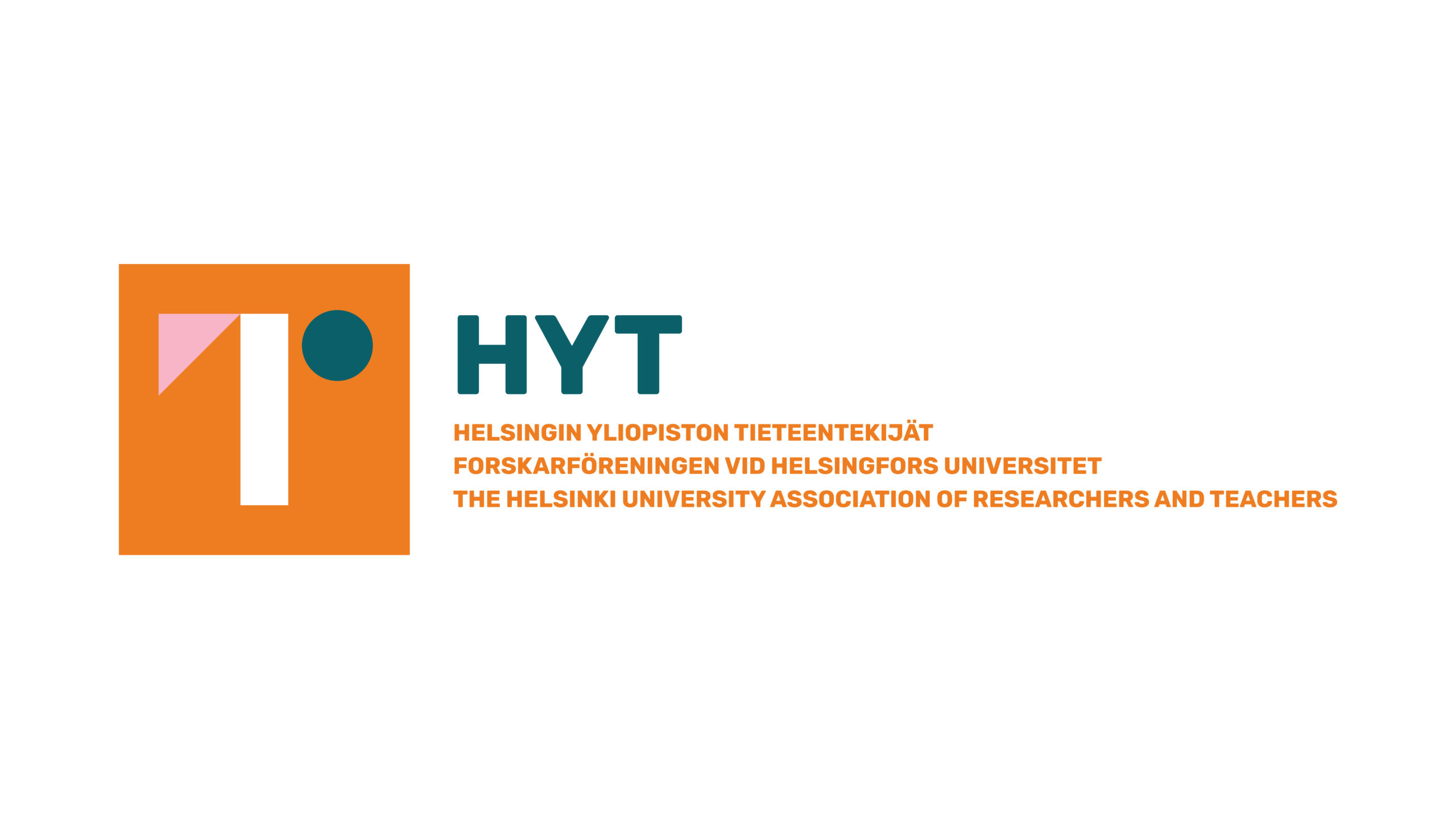In June, the University of Helsinki appointed a working group tasked with looking into the position of grant-funded researchers as members of the university community: “It is in the interest of the university and foundations to ensure that young researchers, irrespective of funding, can be fully involved in the scientific community’s activities, feel that they are valued members of the university community, and get sufficient support to build their careers as researchers and academic experts.” Vice-Rector Paula Eerola heads the working group and the other members represent faculties, university administration, doctoral researchers, postdoctoral researchers, as well as foundations.
The initiative is very welcome and it is particularly noteworthy that the working group is focusing on improving the position of grant-funded researchers specifically in relation to the university community. A study recently published by the Tampere University Association of Researchers and Teachers (TATTE) revealed that grant-funded researchers feel like outsiders: their position in the university community is determined by confused and problematic practices that vary by faculty. The survey suggests that the resource agreement adopted at the University of Tampere has clarified the position of grant-funded researchers. However, it has also produced a new type of complicated bureaucracy, which culminates in interruptions in funding and changes in status from working under a grant to working under an employment contract and vice versa. Particularly researchers working under short-term grants have repeatedly lost their rights to e-mail and other digital infrastructure offered by the university. It is exactly these sorts of interruptions and oversights that feed grant-funded researchers’ feelings of being outsiders.
Feeling like you are a member of a community is the result of a combination of factors: equality, regular interaction with the community, shared joys as well as shared concerns. It is knowing who to turn to when you face problems and knowing that your position will not change unexpectedly. Community membership can be compared to a home. A home is both an emotional and a physical place where a person can anchor safely. A true academic home lays the foundations for quality research by creating the framework for an academic community.
HUART improving the position of grant-funded researchers
The Covid-19 spring made visible many of the long-known issues with grant-funded researchers’ position at the University of Helsinki. In recent months, there has been discussion about, for example, workspaces and university compensation – and the discussion has been carried out even in the national media. HUART wants to actively participate in improving grant-funded researchers’ position. In August, it founded the grant-funded researchers’ working group, which aims to bring grant-funded researchers together, tackle the problems that complicate their daily lives and find practical solutions to these problems. With the help of a survey that we have just published (see below), we want to collect first-hand information from grant-funded researchers at the University of Helsinki and find out what they most want and need. In this way, we can best define our working group’s objectives and communicate them to the university.
The university’s strategy emphasises cultural values and aims to build a university community
In terms of its values, the University of Helsinki’s strategy offers a solid ethical basis for defending the rights of grant-funded researchers: truth, Bildung, freedom and inclusivity – could you even imagine a better starting point? The University of Helsinki’s strategy ends with the question: “Where will we be in 2030?” And this is its answer: “The wellbeing of the University community and its members will have improved, and strides will have been made in equality, non-discrimination and opportunities to participate and make a difference.”
If we want to achieve this objective within ten years, it is time to invest in grant-funded researchers and to find sustainable solutions for securing their position as full-fledged members of the university community.
Take part in a survey and make a difference!
